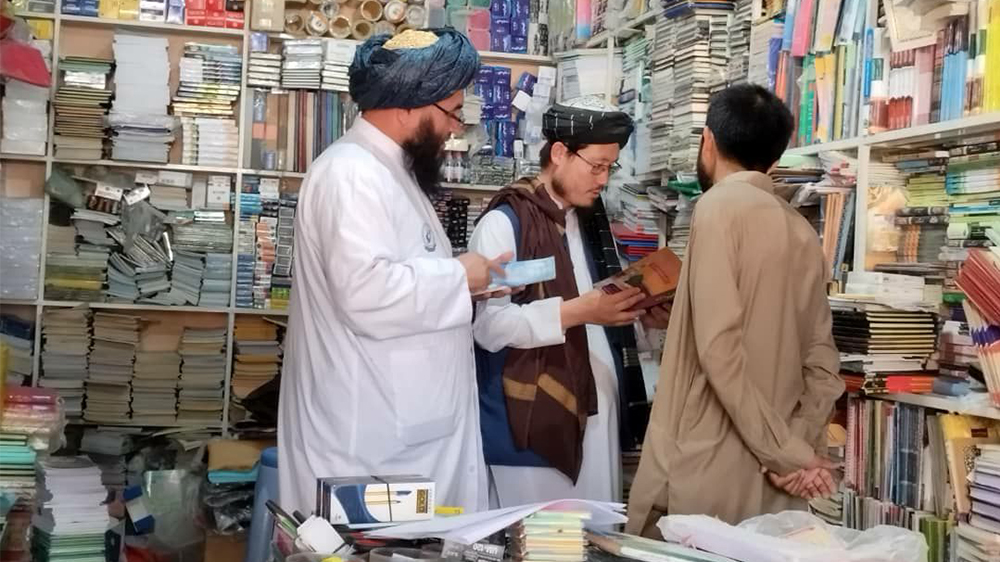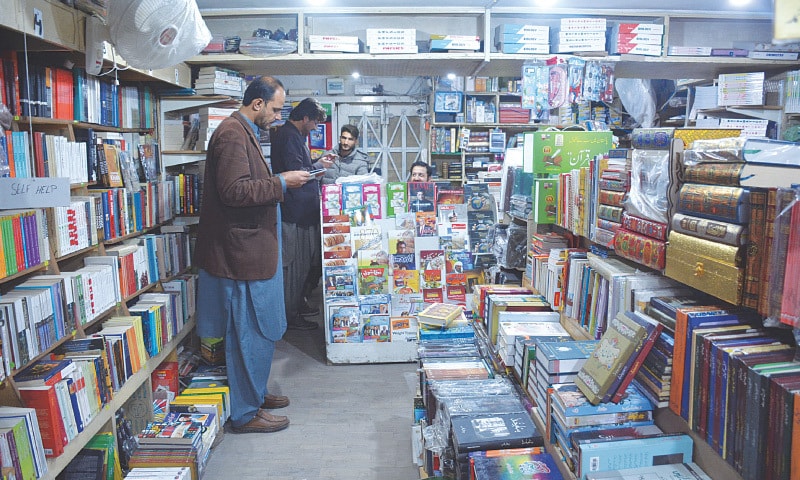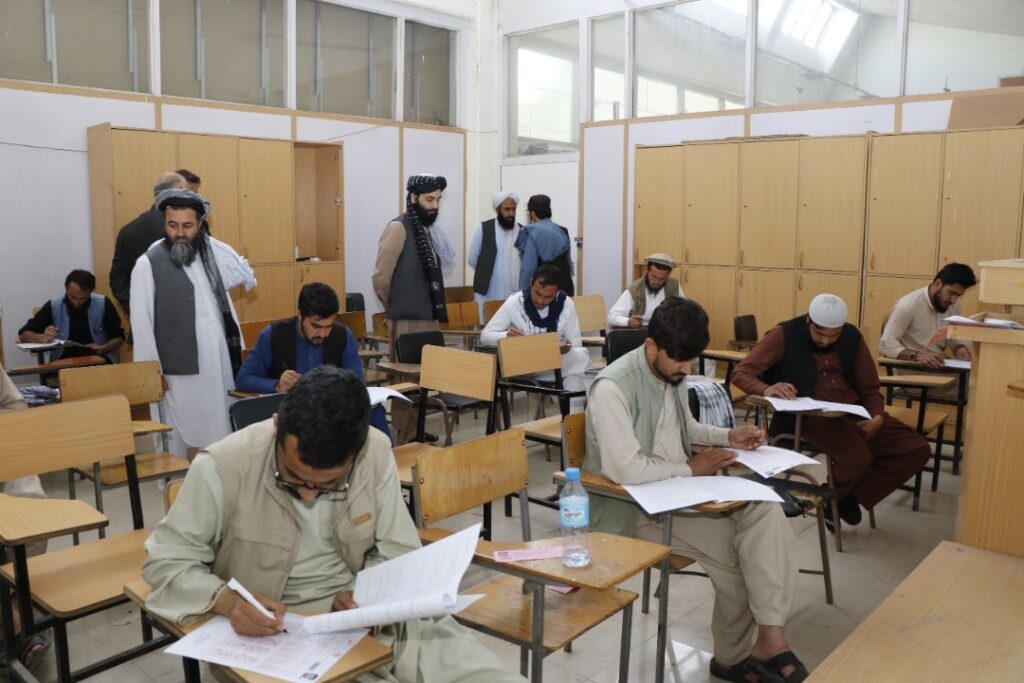Kabul (Kubha News) – Less than three months have passed since the Ministry of Information and Culture of the Taliban government-imposed restrictions on the printing, importing, and sale of some books that, according to the Taliban, contradict the values of Afghans.

Now, some students who are in their final semesters and are due to write their monographs and master’s theses complain to Kubha News about the lack of access to academic resources for writing their theses.
Qyam Habibi, a master’s degree student in law and persecution, at one of the universities in Kabul, told Kubha News that the resources he had proposed to his instructor professor in his previous semester’s proposal are now unavailable and inaccessible in bookstores:
“My thesis is about (Twenty Years of War in Afghanistan and its Criminal Cases). Now, I need scientific sources to write the thesis, but the books that have addressed the topic of the twenty-year war in Afghanistan have been collected from libraries and bookstores. You are aware of the internet problem in Afghanistan, my thesis proposal has been approved by the instructor45r, and there is not enough time to change its subject. We’re really stuck.”
The books collected by the Ministry of Information and Culture of the Taliban government from bookstores and libraries include issues of war and peace, democracy, state-building, and history. Additionally, the Taliban have also provided a list of 78 other books to booksellers that have been subject to restrictions on importation and sale.
Masih Janbaz, a bookseller in Joy-e Shir Kabul, told Kubha News that with the restriction on book sales, their sales have also decreased.
“In Afghanistan, the culture of reading is less common. In the past, when there were no restrictions on publishing and selling books, most of our customers were students because they had been buying books for writing their theses and monographs. Now the publication and sale of books is restricted and taken dozens of volumes of books from our shop and confiscated them, our sales have decreased. On a given day, if we sell one or two books, they are usually religious books or the Holy Quran.”
Since 2007, with a relative change in the educational curriculum of government universities and the emergence of competition with the establishment of private universities, the culture of reading among young people has also flourished more.

During this time, in addition to the writing of dozens of books with scientific content by veteran writers, young students have also written monographs and theses with scientific content using these domestic sources and references from the writings of foreign writers, which are now kept at the Ministry of Higher Education.
Hafiz Hemim, a researcher and writer, told Kubha News that with limited access to books, fewer scientific works are created, and by restricting young people’s access to books, future generations’ access to scientific research is cut off, and it will reduce the mental capacity and awareness of young people:
“In the past, we had limited access to books that were written based on scientific research, but now with restrictions on such books, the field for such scientific books is becoming narrower. Especially for those who conduct research inside Afghanistan and do not have access to foreign languages, if they are familiar with them, fewer scientific books in common foreign languages will be imported into Afghanistan.”
With the rise in literacy levels and the availability of job opportunities in government offices and private companies over the past twenty years, the interest of young people in higher education has also increased.
Young people were interested in researching and writing more in the fields of war and peace, state-building, economics, and management, but once again, the markets of Afghanistan have been dominated by religious books these days, and the opportunity to continue creating different research and writings has been taken away.
